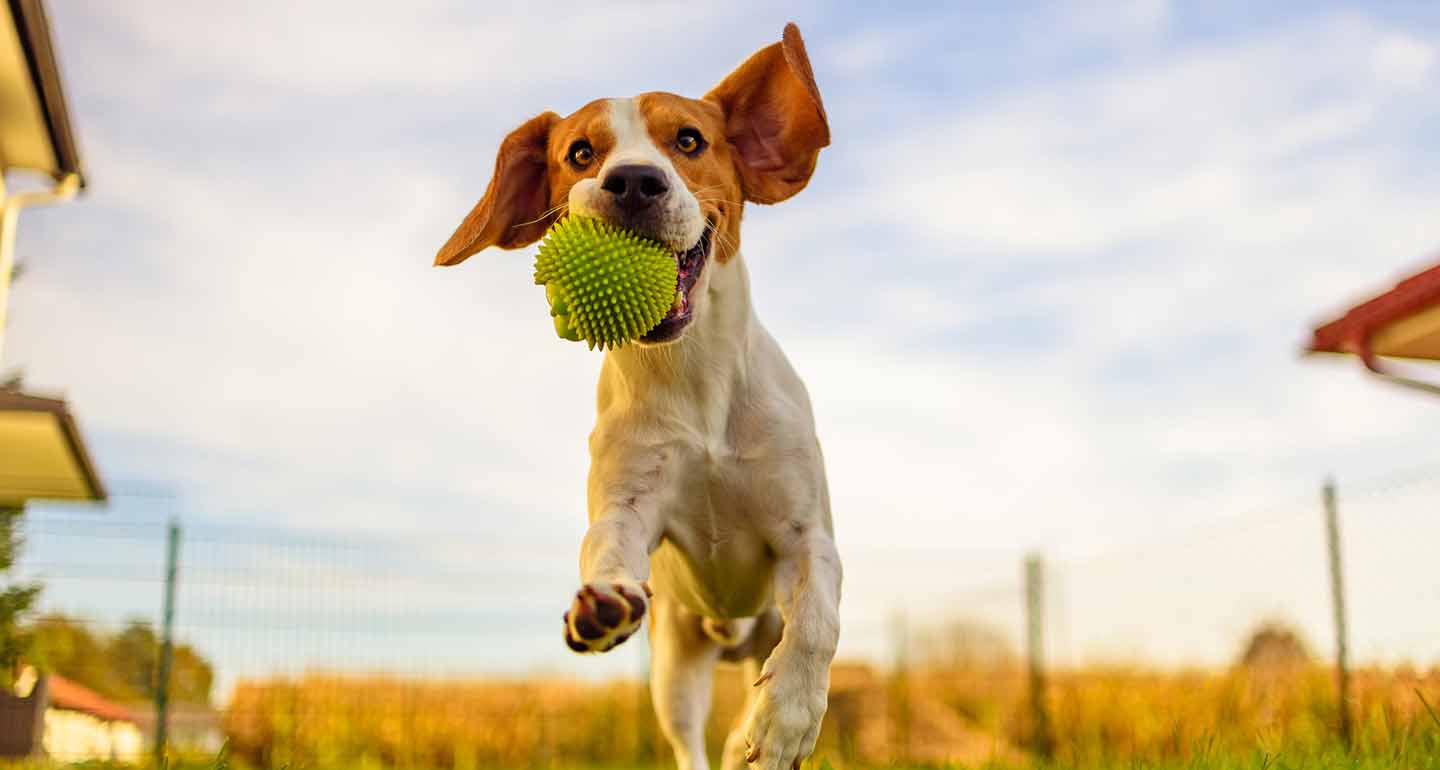"Dog Health Essentials: Preventive Care and Common Health Issues" Offer guidance on maintaining your dog's health through preventive measures like vaccinations, regular vet check-ups, dental care, and parasite prevention. Address common health issues that dog owners should be aware of, such as allergies, skin conditions, and joint problems. Preventive Care Vaccinations Core Vaccines: Essential for all dogs, protecting against diseases like rabies, distemper, parvovirus, and adenovirus. Non-Core Vaccines: Given based on the dog's risk factors, such as vaccines for Bordetella (kennel cough) and Lyme disease. Schedule: Puppies need a series of vaccinations, followed by booster shots throughout their life. Consult your vet for a personalized vaccination schedule. Regular Vet Check-Ups Frequency: Adult dogs should visit the vet at least once a year, while puppies and senior dogs may need more frequent visits. Health Monitoring: Regular check-ups help in early detecti...
- Get link
- X
- Other Apps
"The Benefits of Exercise for Dogs"
Discuss the importance of regular exercise for dogs' physical and mental well-being. Provide ideas for fun and stimulating activities, such as walking, hiking, agility training, and interactive play.
Introduction:
Regular exercise is not just essential for humans; it's equally crucial for our canine companions. In this guide, we'll explore the myriad benefits that exercise brings to dogs' physical and mental health, as well as provide ideas for fun and stimulating activities to keep them active and engaged.
The Importance of Exercise:
- Physical Health: Regular exercise helps dogs maintain a healthy weight, strengthen muscles, improve cardiovascular health, and enhance overall physical fitness. It also reduces the risk of obesity and related health issues such as diabetes and joint problems.
- Mental Stimulation: Physical activity stimulates dogs' minds as well as their bodies, providing mental enrichment and preventing boredom. It helps alleviate stress, anxiety, and destructive behaviors that can result from pent-up energy or boredom.
Ideas for Fun and Stimulating Activities:
- Walking: Daily walks are a fundamental form of exercise for dogs, providing both physical and mental stimulation. Aim for at least 30 minutes to an hour of brisk walking each day, adjusting the duration and intensity based on your dog's age, breed, and fitness level.
- Hiking: Take your dog on outdoor adventures to explore nature trails, parks, or wilderness areas. Hiking provides opportunities for dogs to engage their senses, experience new sights and smells, and enjoy the freedom of open spaces.
- Agility Training: Set up a backyard agility course or enroll your dog in agility classes. Agility training not only provides physical exercise but also challenges dogs mentally, improving their coordination, problem-solving skills, and confidence.
- Interactive Play: Engage in interactive games such as fetch, tug-of-war, or hide-and-seek to keep your dog mentally stimulated and physically active. Use toys like puzzle feeders or treat-dispensing toys to provide mental enrichment during playtime.
- Swimming: If your dog enjoys water, swimming is an excellent low-impact exercise that's easy on the joints. Whether it's in a backyard pool, a local lake, or a dog-friendly beach, swimming provides a full-body workout while keeping dogs cool and refreshed.
Conclusion:
Regular exercise is essential for promoting your dog's physical health, mental well-being, and overall quality of life. By incorporating fun and stimulating activities into your dog's daily routine, you'll not only keep them physically fit but also provide mental enrichment and strengthen the bond between you and your furry friend.
- Get link
- X
- Other Apps
Popular posts from this blog
"Dog Health Essentials: Preventive Care and Common Health Issues" Offer guidance on maintaining your dog's health through preventive measures like vaccinations, regular vet check-ups, dental care, and parasite prevention. Address common health issues that dog owners should be aware of, such as allergies, skin conditions, and joint problems. Preventive Care Vaccinations Core Vaccines: Essential for all dogs, protecting against diseases like rabies, distemper, parvovirus, and adenovirus. Non-Core Vaccines: Given based on the dog's risk factors, such as vaccines for Bordetella (kennel cough) and Lyme disease. Schedule: Puppies need a series of vaccinations, followed by booster shots throughout their life. Consult your vet for a personalized vaccination schedule. Regular Vet Check-Ups Frequency: Adult dogs should visit the vet at least once a year, while puppies and senior dogs may need more frequent visits. Health Monitoring: Regular check-ups help in early detecti...
The Ultimate Guide to Dog Nutrition Explore the importance of proper nutrition for dogs, including the essential nutrients they need, how to choose the right food for your dog's breed and age, and tips for maintaining a healthy diet . Introduction: Welcoming a dog into your family comes with the responsibility of ensuring they receive proper nutrition to thrive. In this guide, we'll delve into the essential aspects of dog nutrition, equipping you with the knowledge to make informed decisions about your furry friend's diet. Understanding Your Dog's Nutritional Needs: Dogs, like humans, require a balanced diet comprising proteins, carbohydrates, fats, vitamins, and minerals to support their overall health. However, their nutritional requirements can vary based on factors such as breed, age, size, activity level, and health status. Essential Nutrients for Dogs: Proteins: Vital for muscle development, repair, and overall growth. Sources inclu...

Comments
Post a Comment